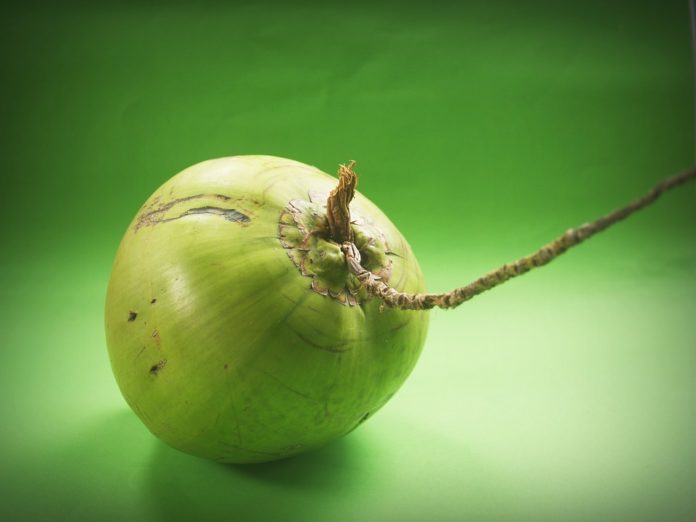
Higher vitamin A intake linked to lower skin cancer risk in a new study
People whose diets included high levels of vitamin A had a 17 percent reduction in risk for getting the second-most-common type of skin cancer, as compared to those who ate modest amounts of foods and supplements rich in vitamin A.
Squamous cell carcinoma of the skin is the second-most-common type of skin cancer among people with fair skin. Vitamin A is known to be essential for the healthy growth and maturation of skin cells.
“Skin cancer, including squamous cell carcinoma, is hard to prevent, but this study suggests that eating a healthy diet rich in vitamin A may be a way to reduce your risk, in addition to wearing sunscreen and reducing sun exposure,” said lead author Eunyoung Cho, an associate professor of dermatology and epidemiology at Brown University.
The findings were published in the Journal of the American Medical Association Dermatology.
Plant-based sources of vitamin A include not only sweet potatoes and carrots, but leafy green vegetables and fruits like apricots and cantaloupe. Milk, some types of fish and liver are rich sources of animal-based vitamin A
The research team looked at the diet and skin cancer results of participants in two large, long-term studies: the Nurses’ Health Study, which followed 121,700 U.S. women from 1984 to 2012, and the Health Professionals Follow-Up Study, which followed 51,529 U.S. men from 1986 to 2012.
A total of 3,978 cases of squamous cell carcinoma were reported and verified within the 24 or 26 year follow-up periods from about 123,000 participants from two large databases – the Nurses’ Health Study and the Health Professionals Follow-Up Study. All were white (and thus had significant risk of developing skin cancer), had no prior history of cancer and completed the dietary reports multiple times.
After grouping the study participants into five categories by vitamin A intake levels, the researchers found that people in the category with the highest average daily total vitamin A intake were 17 percent less likely to get skin cancer than those in the category with the lowest total vitamin A intake.
Those in the highest category reported eating on average the amount of vitamin A equivalent to one medium baked sweet potato or two large carrots each day. Those in the lowest category reported eating a daily average amount of vitamin A equivalent to one-third cup of sweet potato fries or one small carrot, which is still above the U.S. Recommended Dietary Allowance of vitamin A.
The team also found that the majority of vitamin A came from the participants’ diets, particularly from fruits and vegetables, rather than from animal-based foods or vitamin supplements. Plant-based sources of vitamin A include not only sweet potatoes and carrots, but leafy green vegetables and fruits like apricots and cantaloupe. Milk, some types of fish and liver are rich sources of animal-based vitamin A.
Cho cautioned that too much vitamin A, particularly from supplements and animal sources, can lead to nausea, liver toxicity, increased risk of osteoporosis and hip fracture, and even birth defects. Side effects from high levels of plant-based vitamin A are minimal, she added.
The researchers also found that eating high levels of other plant-based pigments similar to vitamin A – such as lycopene, commonly found in tomatoes and watermelon — was associated with decreased risk of skin cancer.
However, this being an observational study cannot establish cause and effect.












